The goal is to restore our lost heritage and garner universal respect for Africans. It is necessary to reiterate that Africans have a long line of Royal ancestry just like Europe, Russia, The Middle East, or Asia. Afrocentrism is a pursuit to free the minds of black people from low self-esteem. That does not imply contempt towards Arabs or Europeans even though historical records show a period when their ancestors enslaved ours. Accounts reveal how they took communities apart, shattered our original heritage and humiliated our Royal lineage. Even today, several mainstream establishments in the West and the Middle East are not so subtle with their lack of respect for African communities. Afrocentrism reminds us of our responsibility to reestablish our confidence.
We do not carry the baggage of our dead ancestors. Western economic development, political and military structure are necessary in the world we live in.
The purpose of Afrocentrism is to return the younger generation of Africans or Blacks to the most authentic African traditions. In restoring our heritage, the first thing we accomplish is to reaffirm and proclaim the parts of our history that are not about slavery. In reiterating the true African legacy, we set forth the grandeur of ancient African empires that thrived before the Roman or Greek Empires. We state our claim to the Arab, European or American imperial rise to influence.
Afrocentrism liquidates the negative convictions which the Arabs, Europeans, and Americans instilled in Africa, and also, to return the stolen intellectual properties from ancient African empires. To understand the various types of Black culture, we must see past the mainstream influence on education, corporation, government, and religious institutions in Africa. We must establish our original culture and heritage, and we must take control of our lawmaking process, resources, security and wealth.
THE HISTORY OF AFROCENTRISM
To define Afrocentrism accurately, we must describe Africa. What is Africa? It is a land of many kingdoms. What makes Africa even more uncommon is that every region of the continent holds millions of people from different ethnic groups. For example, there are 500 different tribes in Nigeria alone. Each one possesses their language, culture, cuisine, fashion edicts, music, legends, religion, etc. In such a vast land where so many kingdoms existed, no one can answer for sure what the ancestors called her. According to legend, the Greek historian, Herodotus, referred to Africa as Aethiopia.
A pursuit to free people’s minds from white supremacy does not denote hatred towards Arabs or Europeans.
Many credible historians have placed Herodotus’s lifetime between 484–425 BC. I presume that even the Greeks could not understand this vast land that consisted of hundreds of very ancient and powerful kingdoms. There were thousands of different societies and cultures. The Greeks may not have known the actual name of this place. After all, you cannot name what you don’t know. The native Africans knew the continent by another name. We can trace Afrocentrism to Egypt, Ethiopia, Mali, Ghana and the Songhai empires. But the only name we have for the continent that predates its current name is Ethiopia. Is it possible that Ethiopia is not just a country but the continent itself?
When we dig even more profoundly, we find Afrocentric roots stretching further to Romarong settlements. There are connections to the Jalunkandu and Fouta Djallon empires in the west of the continent. When you look eastward, you will find links to the great dynasties of the Sudan, Kenya, Somalia, Congo, and Tanzania. Afrocentrism is also rooted in the Zulu and the Xhosa heritages of the south. These empires eventually lost the wars to Arab and European guns and cannons. Much of African heritage fell with the annihilation of vital Royal families. Some communities lost their historical and intellectual properties due to deception. There is no denying that. The Arabs and Europeans barged in, enslaved and dismantled the African cultural patrimony. Afrocentrism is the attempt to restore all that we lost.
In reaffirming African heritage the Afrocentric endeavors to restore lost traditions and cultural mentalities. Those are the outlooks that have since degraded during the rise of Western civilization. Of course, we are in modern times; we live our lives. We do not carry the baggage of our dead ancestors. Western economic development, political and military structures are necessary in the world. The goal is not to dismantle the Western or Arab establishment. It is to undo the devastating impacts that these civilizations had on the African people. The Afrocentric engages in Pan-Africanism. That is how deep the culture goes. It is not discourteous to the mainstream media; it calls out their hypocrisy. Unopposed to the law it holds it accountable.
THE HERITAGE OF AFRICA
The natives named their domains based on the history of that empire or kingdom. I’ve observed examples of regions of Africa that have had multiple names before. For example, the people called Guinea the Fouta Djallon. When we flip the pages further back in history, their ancestors called it the Jalunkandu. Moreover, you can observe the empires of Ghana, Mali, and Songhai. You will notice that those empires overlapped. They covered the same general area even though they were different realms. Some empires were brief, and others stood the test of time in which they turned into other kingdoms.
3] Language – which is the nature and structure of distinct communication through the spoken and unspoken.
The Romans were looking for the colonization of the ancient world, but they could not creep into Africa. The continent comprised of too many kingdoms with fierce warrior armies. Plus, the people are all black. It had to be difficult for a Roman spy to keep his disguise. They would have seen him from miles away. Until artillery arrived on the battlefield, Africa was essentially impregnable because no one could infiltrate the most influential territories. We agree that the distinguishing feature of Africans at the time was skin color. The Greeks simply referred to the whole continent as Aethiopia.
According to the movie, “Hidden Colors,” a Roman general named Scipio Africanus proposed a plan to conquer the continent. They wanted to add it to their Empire. Clearly, the idea failed. As we know, until the gun, there was no defeating the African warrior. The Romans did not even have an official name for the whole continent. They only knew that there were several kingdoms with vast warrior armies that would defend it from their campaign to colonize it. They decided to name it after the general. According to this version of the story, this is how the name “Africa” came about. Once Scipio Africanus renamed Aethiopia after himself, the name stuck.
Even from back in those times, the Europeans sorted to pillage and destroy our motherland. And this was centuries before we knew what was happening. By the time they overcame Egypt, raped and enslaved the entire continent we had adopted the name without question. Nonetheless, to be somewhat accurate, I must also suggest another version of this story. The name Africa also comes from the Egyptian word “Afru-ika” which means, a person named after the land. Egypt was a colony of Rome. One might argue that the Egyptian word “Afru-ika” may have referred to Scipio’s name. Whatever the case, someone is naming something after someone. Like the legendary Peter Tosh sang, “No matter where you come from, as long as you’re a black man you’re an African.”
In teaching them the challenge becomes how to undo white supreme philosophies and teachings already instill in them without causing a confusion of self?
THE ESSENCE
The Afrocentric essence calls for politicians and religious establishments to simplify their responsibilities. It does not promote ignorance, thug-ism, or even a drug-induced subculture. African heritage comes in three folds: 1] – The people – which involves all ethnic groups and their bloodline. 2] Culture – which consists of the way of life, spiritual enlightenment, does and don’t and the stringent code of conduct for men, women, and children. Family traditions that continue the essence of a name and last name or the specific marriage, funeral and worship ceremonies. Culture is the respect for elders with the sacred nature of childhood innocence. It deals with the fashion and cuisine, music, art and everything that is specific to that group of people.
3] Language – which is the nature and structure of clear communication through the spoken and unspoken. You can understand the unique language of the Afrocentric people as you know their cultural mentality. Tribal words communicate the essence of all traditions. These include the arts, music, clothing, meals, battles, tools, and the system of law and order. As the culture must be passed down from generation to generation and royal blood must rule well. Many Africans who were cut off from the source of their heritage now have to be buccaneered or reconnected. In teaching this, the challenge becomes how to undo white supreme philosophies and mentalities already instill in them without confusing? For example, we’re not trying to get black women to give up weave unwillingly even though wearing a straight white woman-like hair over their natural Afro clearly shows the intimidation she feels in her natural beauty. *
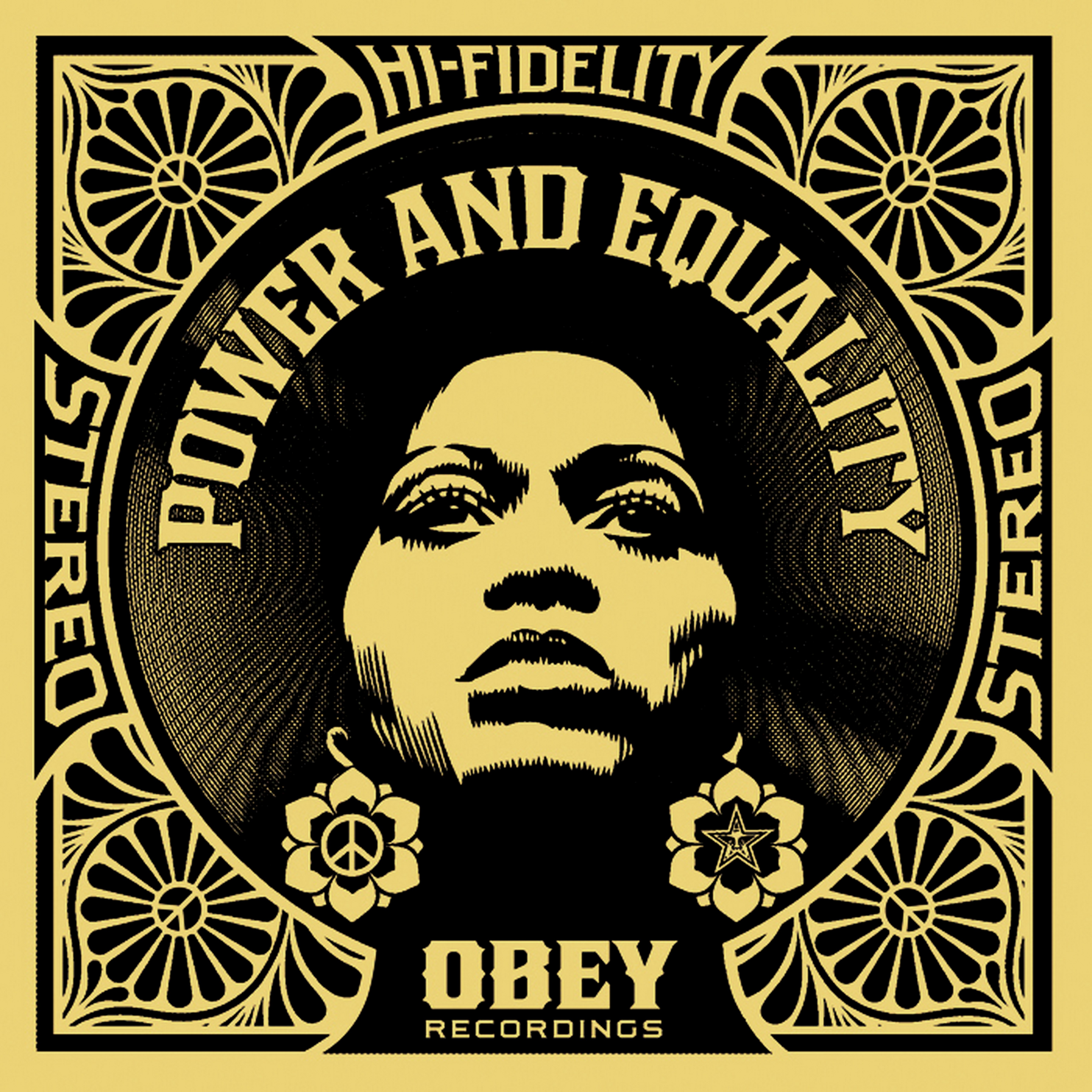
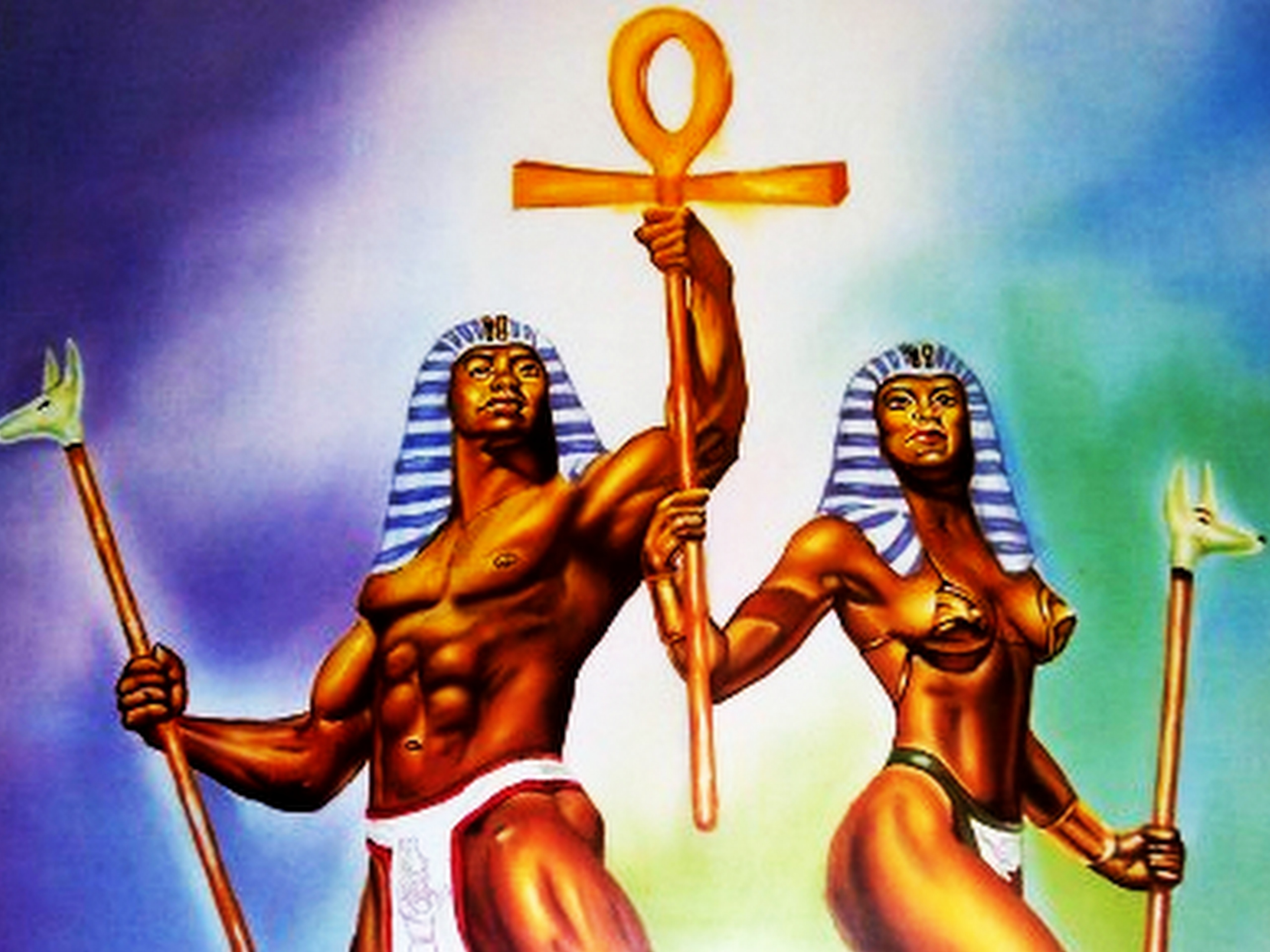
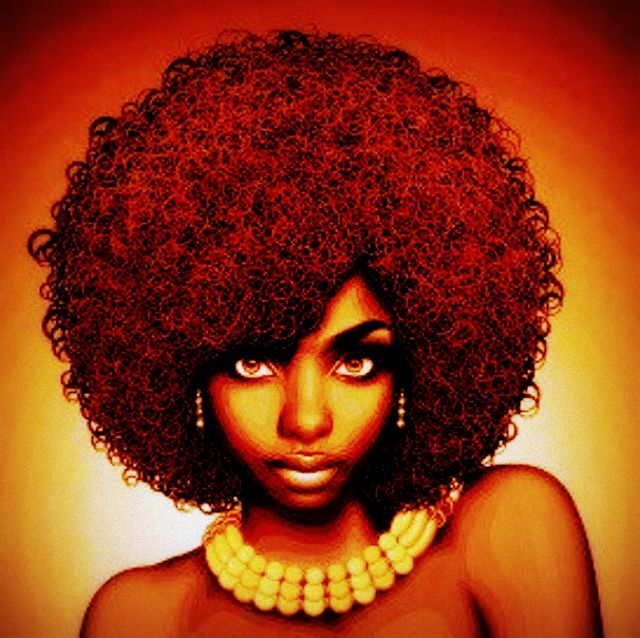
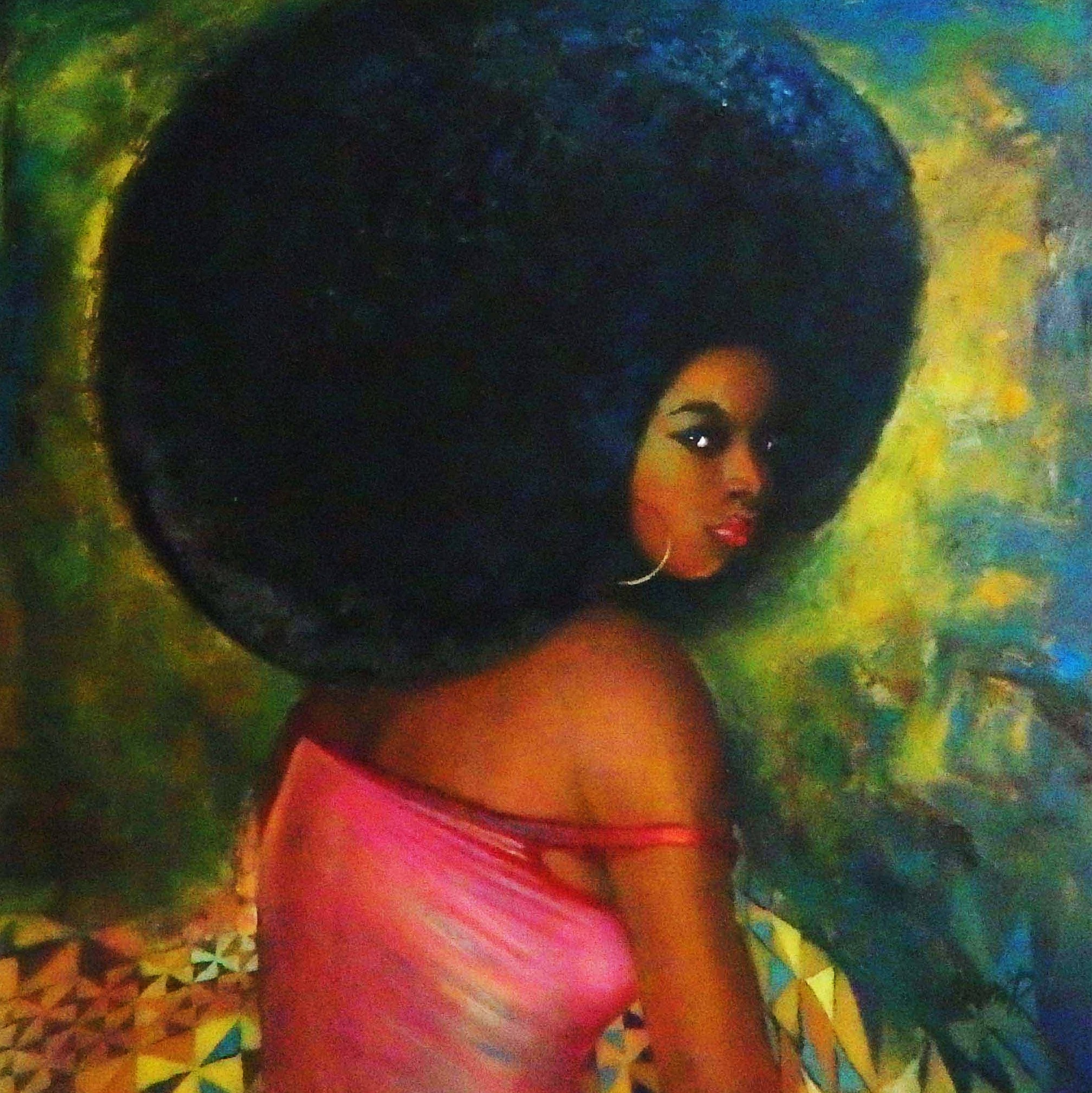
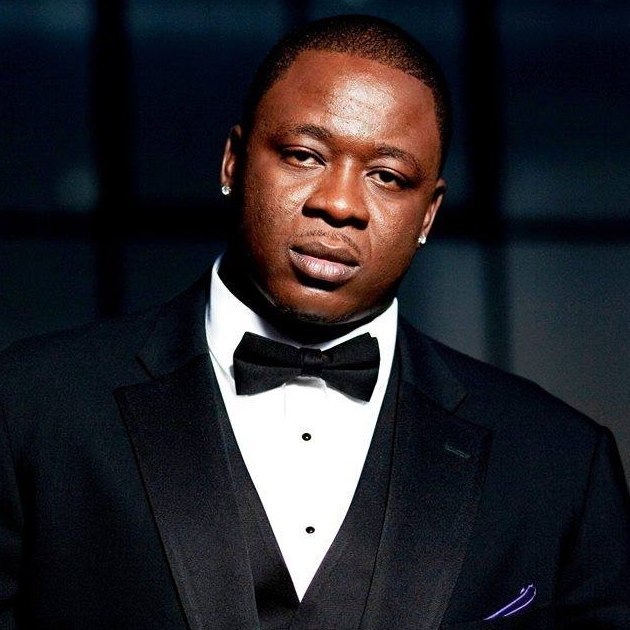

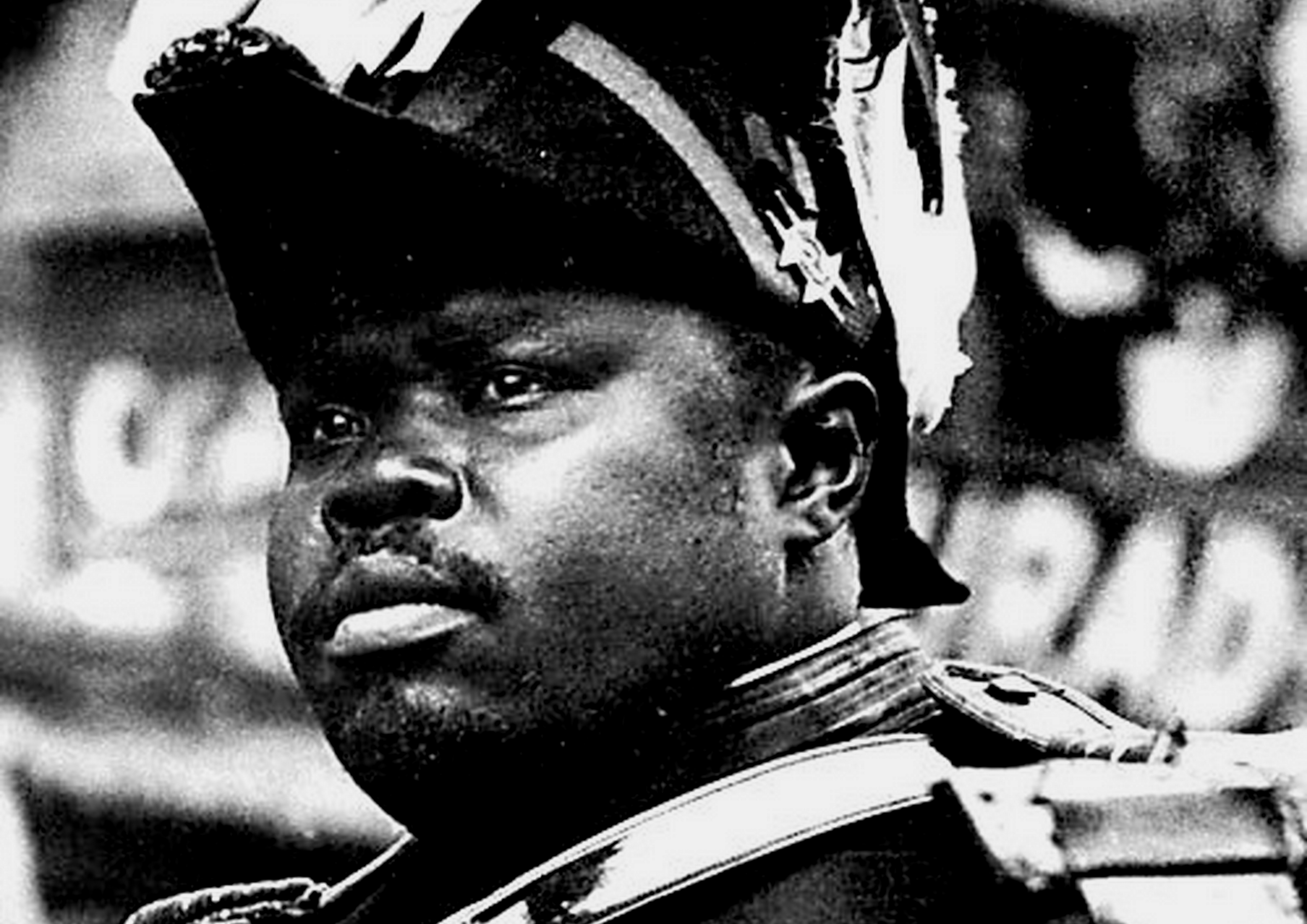
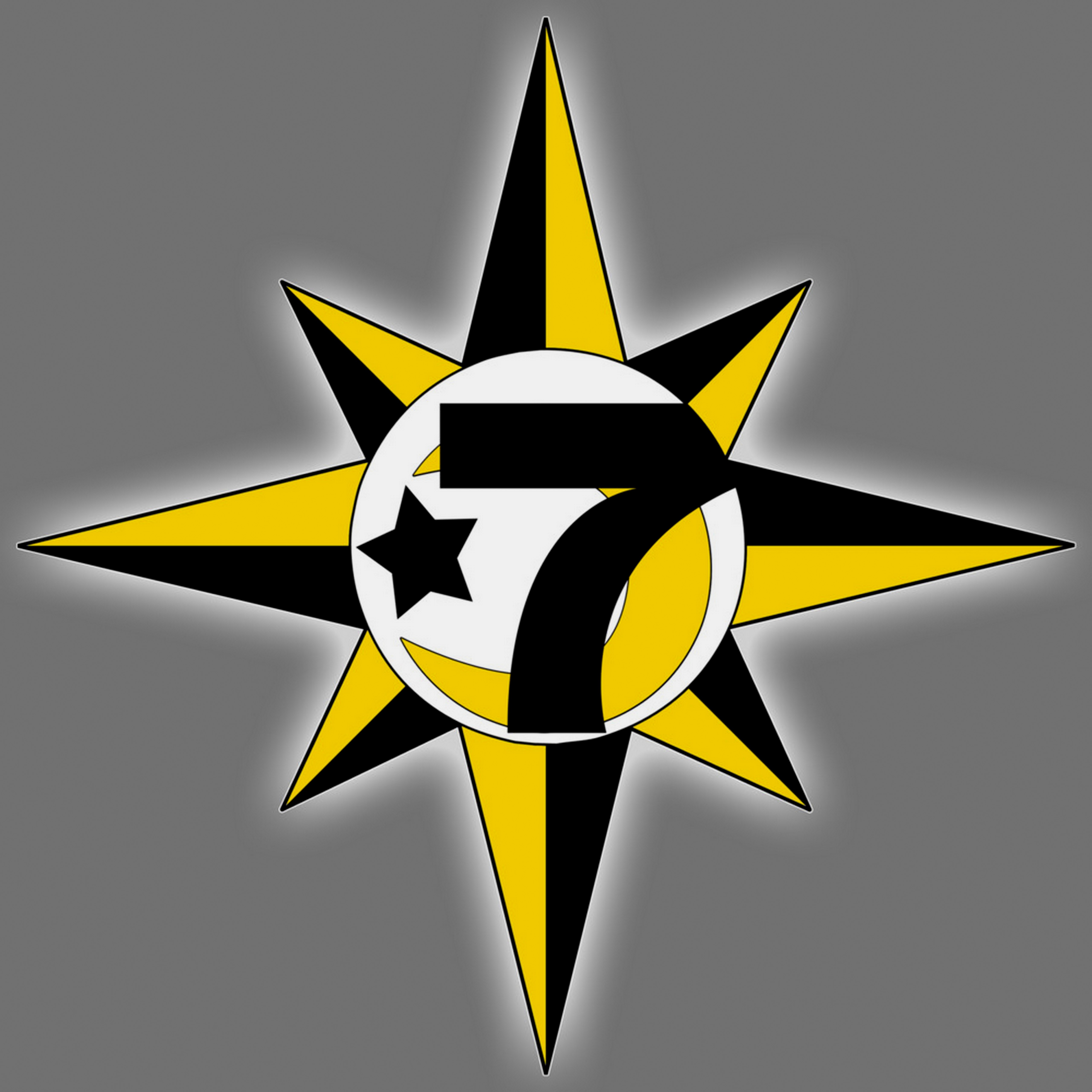
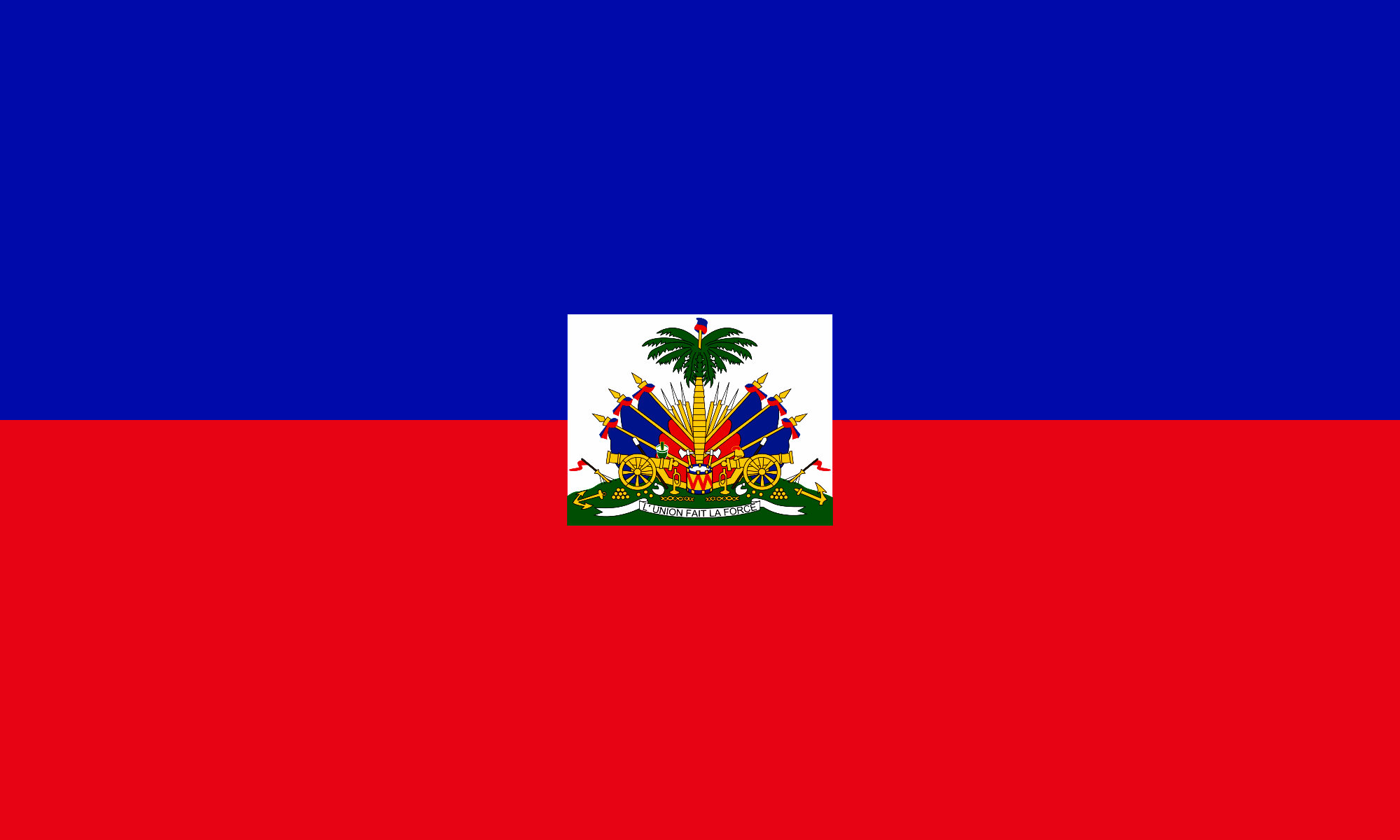

I always wondered how did it got from this to shoot em up gangstas? Hip Hop is such a beautiful thing when you really look at it.
We need more sites like this one. Keep it up.
Thieving is usually poor… milimeter kay! RIAA through claims damages… Pay money for your current music, no longer grab that.
Amazing do the job! Love viewing typically the movement and understanding how some of these smaller sized websites function. Thanks!